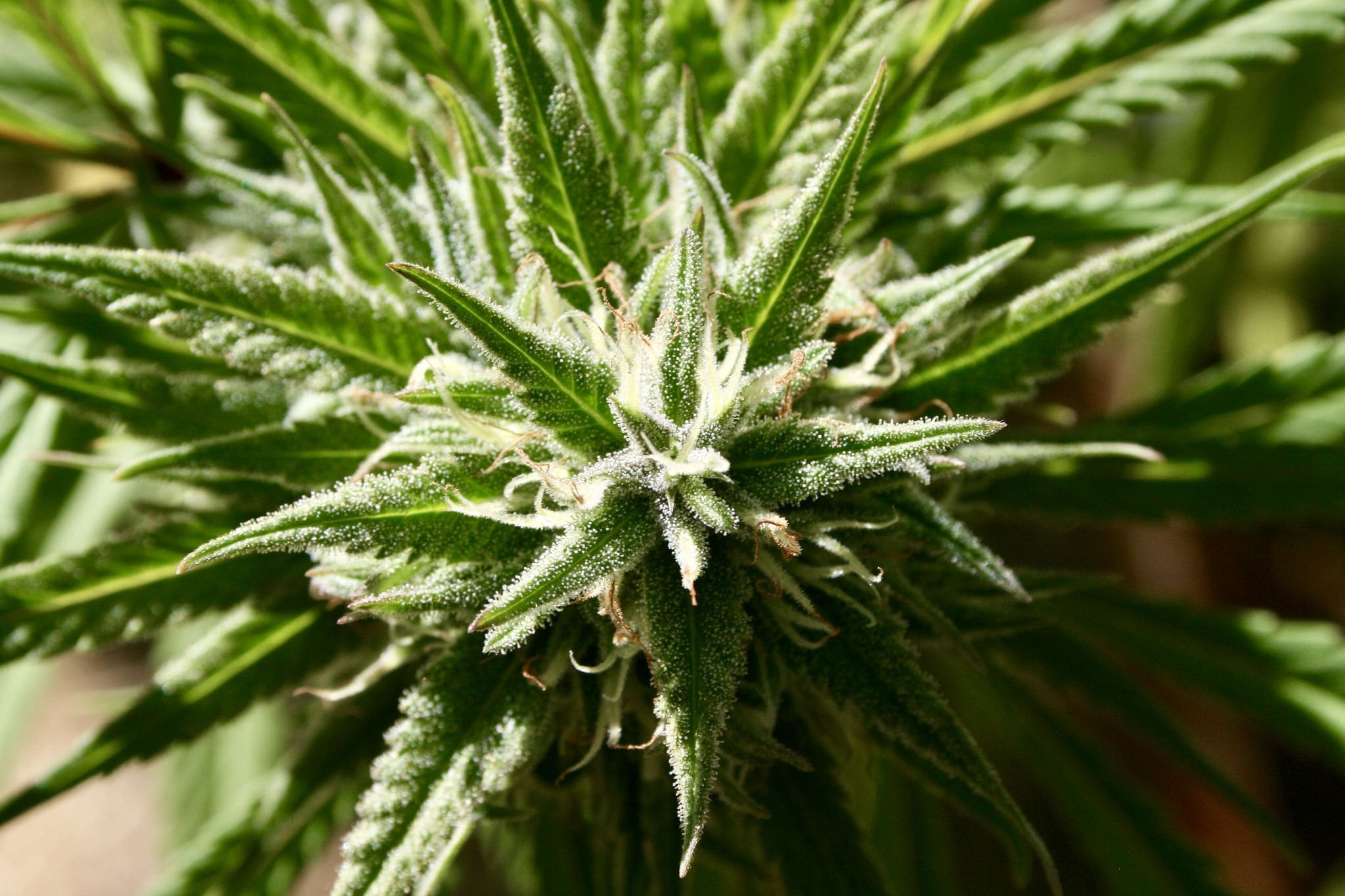Politics
Tennessee Senators Approve Medical Marijuana Bill In Committee

A bill to legalize medical marijuana in Tennessee cleared a Senate committee on Wednesday, while the panel rejected a separate proposal that would have simply required regulators to study the prospect of eventually enacting the reform if federal law changed.
The legislation, sponsored by Sen. Janice Bowling (R), was approved by the Senate Government Operations Committee in a 6-2 vote and has now been advanced to the Judiciary Committee for consideration.
It would allow patients with qualifying conditions to possess and purchase cannabis from licensed dispensaries. However, marijuana products couldn’t be for smoking or vaping, nor could they be infused into food items. A medical cannabis commission would be established to issue licenses and set out regulations for the program.
“We should not be making criminals out of people who need help with their health treatment and they want to be addicted to opioids,” Bowling said, adding that she felt the coronavirus pandemic demonstrated the need to legalize cannabis for therapeutic use.
Watch the committee discuss the medical marijuana legalization and study bills, starting around 18:15 into the video below:
Meanwhile, the committee voted 5-3, with one member voting present, to reject a proposal to create a commission tasked with analyzing federal and state cannabis laws and helping to prepare legislation to legalize medical marijuana in the event that Congress rescheduled the plant.
That legislation will still move to the Judiciary Committee as well—but with a negative recommendation.
Under the committee-approved legalization bill, there would be a nine percent sales tax on cannabis products, with local jurisdictions being authorized to tack on an additional tax of up to 2.1 percent. Revenue would be used to fund the implementation of the program, community and economic development grants, veterans services and law enforcement training related to opioids and methamphetamine.
—
Marijuana Moment is already tracking more than 800 cannabis, psychedelics and drug policy bills in state legislatures and Congress this year. Patreon supporters pledging at least $25/month get access to our interactive maps, charts and hearing calendar so they don’t miss any developments.
![]()
Learn more about our marijuana bill tracker and become a supporter on Patreon to get access.
—
Local lawmakers could opt out of allowing medical cannabis businesses to operate in their areas if they have a two-thirds majority, but residents could still have marijuana delivered from outside the city.
A statewide tracking system for cannabis products and a patient registry would be required under the bill. Conditions that would qualify patients for marijuana include cancer, glaucoma, chronic pain, post-traumatic stress disorder and seizures. There’s a more limited list of conditions for those under 18, and regulators could later add additional maladies to the list.
The commission would have to promulgate rules for the program and approve medical cannabis card applications by June 1, 2022.
A fiscal analysis determined that implementing the policy change would allow Tennessee to bring in about $8.3 million in revenue in the first year of legal sales and upwards of $25 million starting in 2023.
“This is about the people who desperately need it,” Bowling said. “This is about the $1.5 billion black market that exists in Tennessee right now, where your friends and neighbors—you’ve gone to their funerals—who’ve gone to get a product to try to help themselves or a loved one, and ended up with getting something in the black market laced with fentanyl.”
It remains to be seen whether the legislature will get behind the reform measure. Another Senate committee approved a medical cannabis legalization bill last year, but it did not advance further before the end of the session.
What is evident, however, is that Tennessee voters are broadly in favor of the issue. Former House Speaker Glen Casada (R) released the results of a constituent survey in 2019 that showed 73 percent of those in his district back medical cannabis.
Another former GOP House speaker, Beth Harwell, highlighted her support for the policy change during her unsuccessful bid for governor in 2018, and she referenced then-President Trump’s stated support for medical marijuana on the campaign trail.
Alabama Senators Approve Marijuana Decriminalization Bill In Committee
Photo courtesy of Brian Shamblen.
















